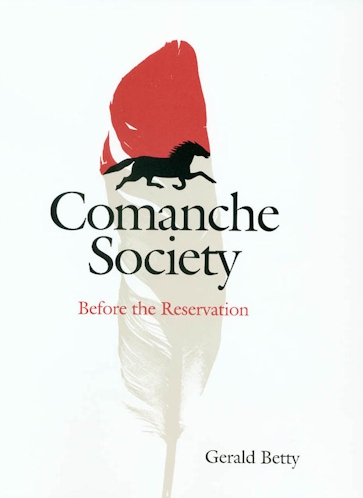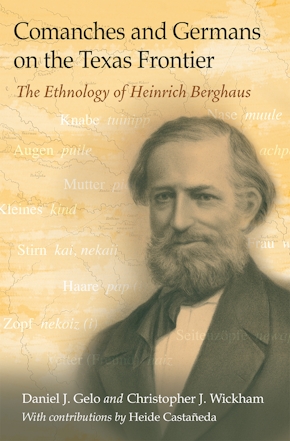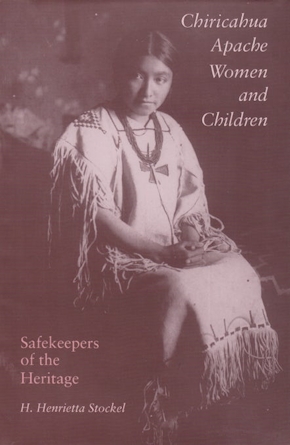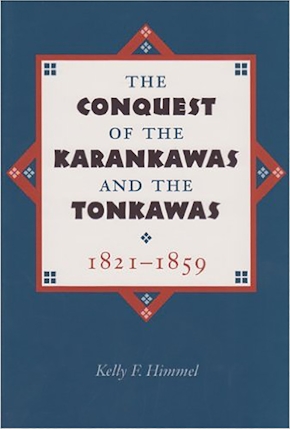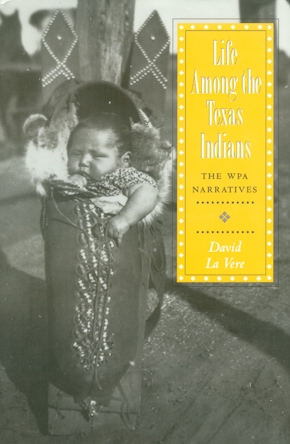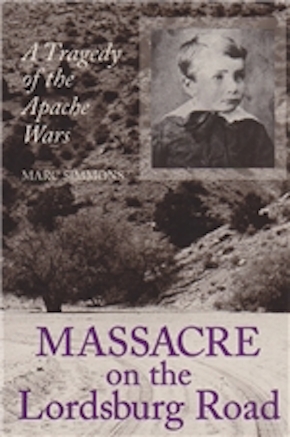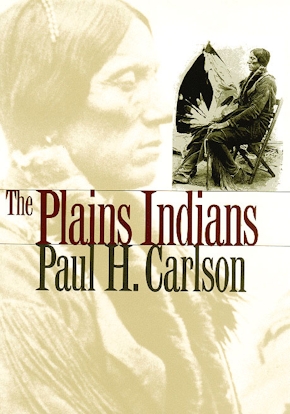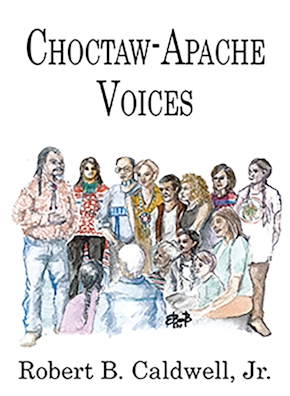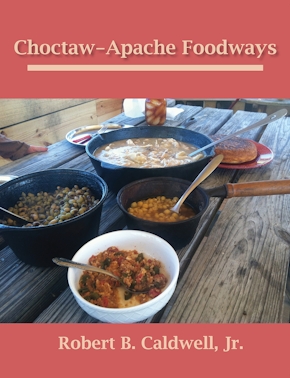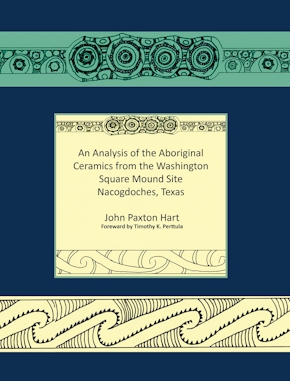Comanche Society
Before the Reservation
978-1-58544-491-5 Paperback
6 x 9 x 0 in
252 pp. 2 line drawings, 8 maps.
Pub Date: 06/16/2005
Available
Rather than a narrative history of the Comanches, this account presents analyses of the formation of clans and the way they functioned across wide areas to produce cooperation and alliances; of hierarchy based in family and generational relationships; and of ancestor worship and related religious ceremonies as the basis for social solidarity. The author then considers a number of aspects of Comanche life—pastoralism, migration and nomadism, economics and trade, warfare and violence—and how these developed along kinship lines.
In considering how and why Comanches adopted the Spanish horse pastoralism, Betty demonstrates clearly that pastoralism was an expression of indigenous culture, not the cause of it. He describes in detail the Comanche horse culture as it was observed by the Spaniards and the Indian adaptation of Iberian practices. In this context, he looks at the kinship basis of inheritance practices, which, he argues, undergirded private ownership of livestock.
Drawing on obscure details buried in Spanish accounts of their time in the lands that became known as Comanchería, Betty provides an interpretive gaze into the culture of eighteenth- and nineteenth-century Comanches that offers new organizing principles for the information that had been gathered previously. This is cutting-edge history, drawing not only on original research in extensive primary documents but also on theoretical perspectives from other disciplines.
Elma Dill Russell Spencer Series in the West and Southwest
About the Author
Published by Texas A&M University Press
